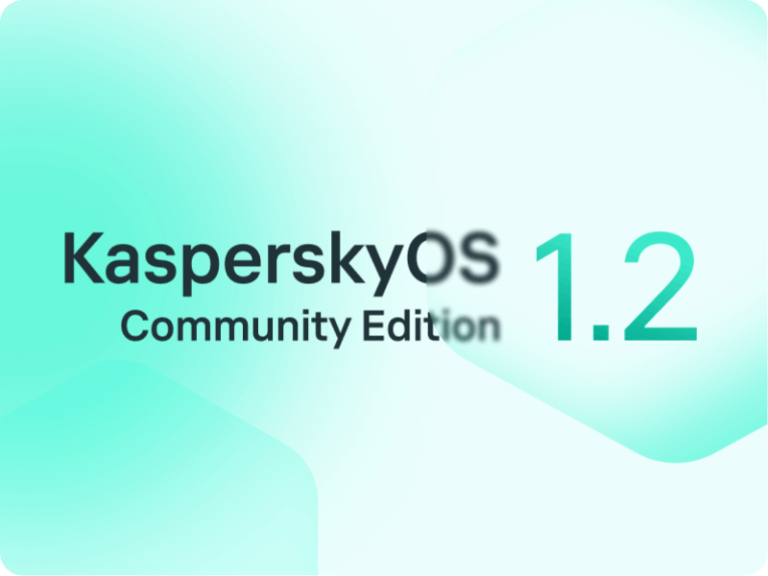
Hello to all fans of secure development. We have some great news for you. We’ve just released KasperskyOS Community Edition 1.2 and it’s full of new features and enhancements!
You can now use dynamic libraries (*.so), which will greatly expand the capabilities of your projects: from saving memory and easy updating, to implementing plug-ins and sharing code and data between multiple processes.
Plus:
We continue to work with third parties:
Several sections have been added to the Developer’s Guide, including descriptions of scripts for working with the libkos base library interfaces, a glossary, and instructions for migrating existing application code from SDK 1.1.1 to SDK 1.2.
A full list of updates can be found on the support page.
Your projects based on KasperskyOS CE can still run on a Raspberry Pi 4 or in QEMU, which is included in the SDK. So follow the link, download the new distribution kit and dive into the world of secure development!

Hello to all fans of secure development. We have some great news for you. We’ve just released KasperskyOS Community Edition 1.2 and it’s full of new features and enhancements!
You can now use dynamic libraries (*.so), which will greatly expand the capabilities of your projects: from saving memory and easy updating, to implementing plug-ins and sharing code and data between multiple processes.
Plus:
We continue to work with third parties:
Several sections have been added to the Developer’s Guide, including descriptions of scripts for working with the libkos base library interfaces, a glossary, and instructions for migrating existing application code from SDK 1.1.1 to SDK 1.2.
A full list of updates can be found on the support page.
Your projects based on KasperskyOS CE can still run on a Raspberry Pi 4 or in QEMU, which is included in the SDK. So follow the link, download the new distribution kit and dive into the world of secure development!